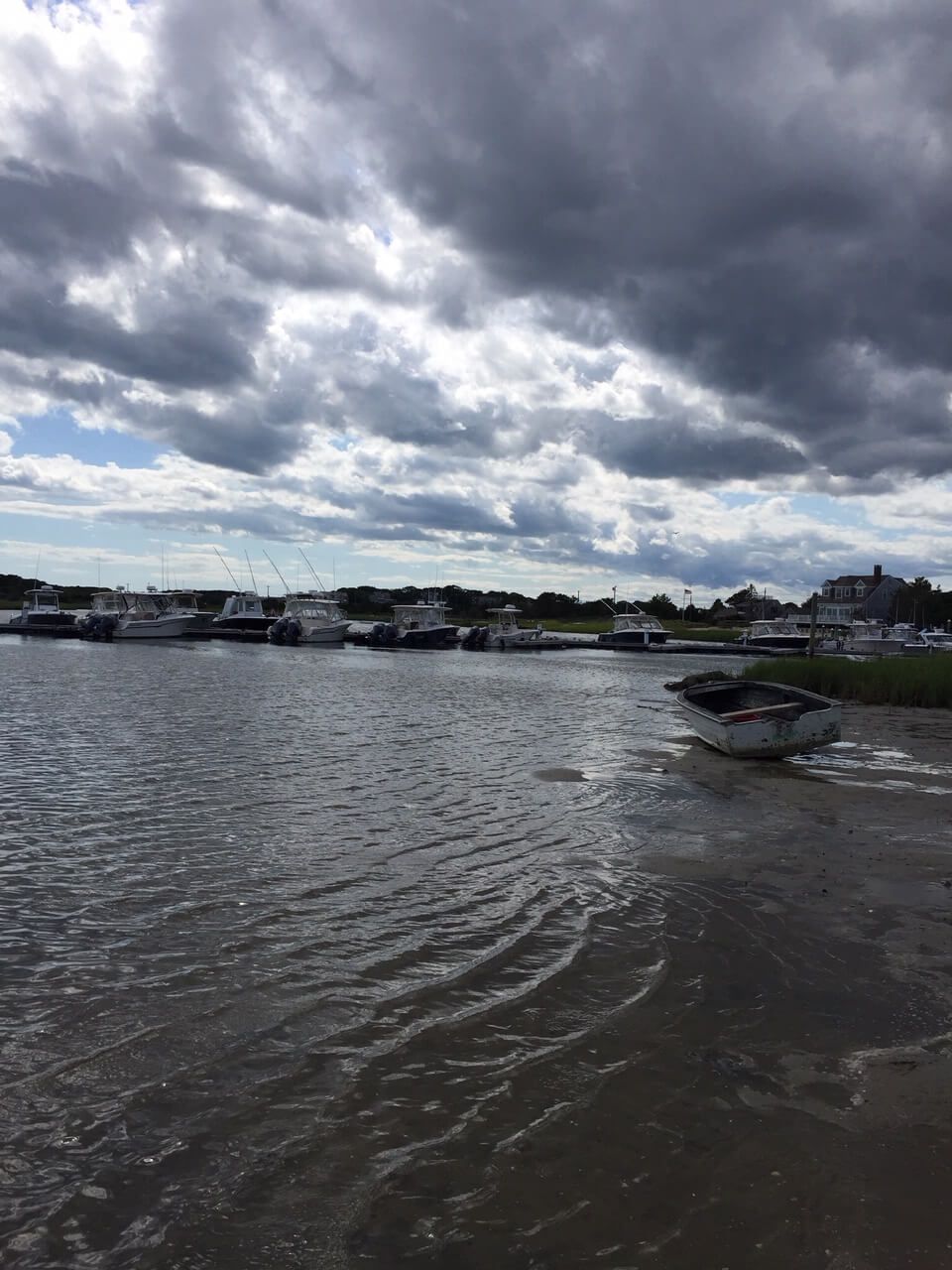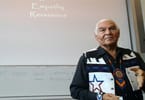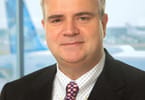In reality there are two Cape Cods. One Cape Cod is a tourist Mecca. It is a place of fine dining, fish and chips, outdoor theaters, and elegant fabulous homes that overlook the sea. This is the Cape Cod filled with romantic bungalows and a place so picture perfect that it serves as the backdrop for many a Hollywood movie. This is the Cape Cod of the rich, made famous by the John F. Kennedy clan and by dreams. It is an open place filled with people from every state, race, religion, and sexual orientation whose visitors come to play and enjoy its cultural and natural beauty. This is the Cape Cod of writers, poets, and artists.
But there is a second Cape Cod. This Cape Cod is a land where the brisk and rapidly-spoken English pronounced with a New England accent symbolizes a population that lives by and from the sea. This is a land that understands that the ocean both gives and takes and that the North Atlantic can be cold and unforgiving. Its fisherman make their livelihood from the ocean, and all too often must set out to sea only never to return.
In an industrialized world, the classical fisherman represents the past, a past that must compete with a present filled with middle-class tourism which seeks the past, but in pursuit of the past also endanger its cultural survival. How to create the modus vivendi of the future is very much a cultural, physical, economic, and ecological challenge. Both past and present need each other in a strange “Malthusian” dance of life and death, democracy, and elitism.
Despite the challenges, there is no doubt that Cape Cod is beautiful. The homes of the rich are large and gracious and remind the passer-by of being in mythical “southern” plantation homes set in the English countryside of yesteryear, yet with their front lawns overlooking the sea. The town centers still have their charm, and their stores are filled with everything from once “penny” candies to elegant ladies’ apparel and from fishing nets to hardware.
This commercial diversity once again reflects the fact that there are two Cape Cods living side-by-side at least for a few warm months each year. Then summer fades into what the locals call “Indian summer.” This is a long and glorious autumn where the trees create a “symphony of leaves” set against the background of a cold gray sea. As the air gets ever colder, the snows arrive, the tourists leave, the sleepy villages begin to reawaken from their hibernation, and the Cape Cod of the past returns to life.
In your travel adventure, which Cape Cod would you choose to visit?
IHE Ị GA-Ewepụ na edemede a:
- This Cape Cod is a land where the brisk and rapidly-spoken English pronounced with a New England accent symbolizes a population that lives by and from the sea.
- In an industrialized world, the classical fisherman represents the past, a past that must compete with a present filled with middle-class tourism which seeks the past, but in pursuit of the past also endanger its cultural survival.
- The homes of the rich are large and gracious and remind the passer-by of being in mythical “southern” plantation homes set in the English countryside of yesteryear, yet with their front lawns overlooking the sea.























